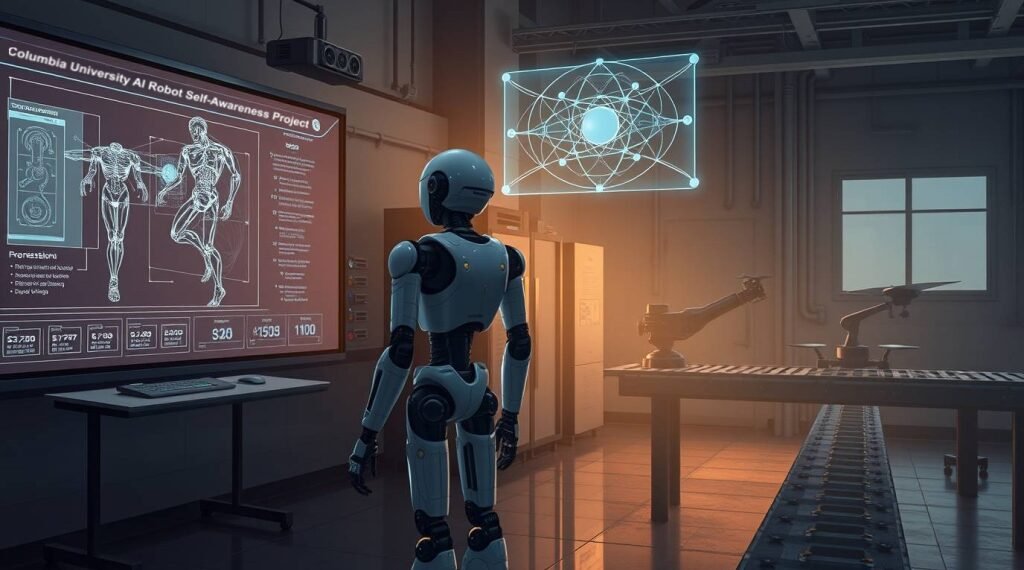Central to this enhancement is an innovative AI-based method that allows robots to analyze their movements through a simple camera. Similar to humans refining skills by watching themselves in mirrors, these self-aware robots leverage visual feedback to formulate an internal representation of their physical forms.
Developed by scientists at Columbia University and documented in a recent study, this method employs deep neural networks that enable robots to scrutinize their motions in three-dimensional space and identify any discrepancies. As a result, they can rectify errors autonomously without the need for human assistance or elaborate sensor systems. The capacity for self-learning and self-correction bears significant implications for robotics, potentially allowing self-aware robots to perform self-repairs and function more smoothly without human intervention—a critical factor for future industrial robots.
Until now, robots have needed ongoing supervision and reprogramming to resolve issues. Self-aware robots are poised to change this paradigm by becoming increasingly independent and efficient. Nonetheless, this evolution raises ethical concerns, particularly regarding the potential for autonomous armed robots misbehaving. Additionally, the idea of self-aware machines prompts contemplation on whether AI could experience sensations such as pain. Ultimately, researchers foresee a future in which robots can anticipate their actions and enhance their performance without relying on human support.
The ainewsarticles.com article you just read is a brief synopsis; the original article can be found here: Read the Full Article…

